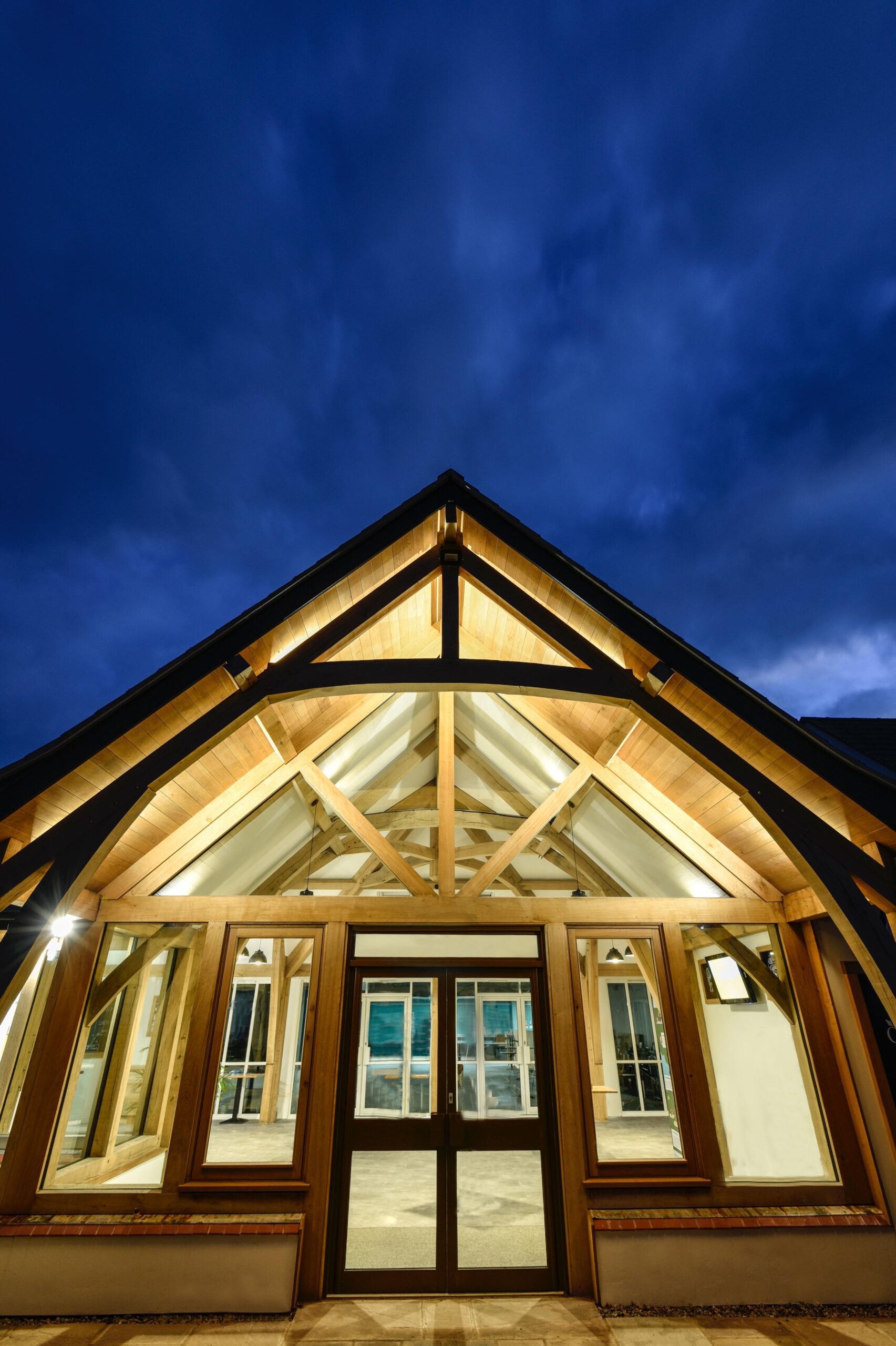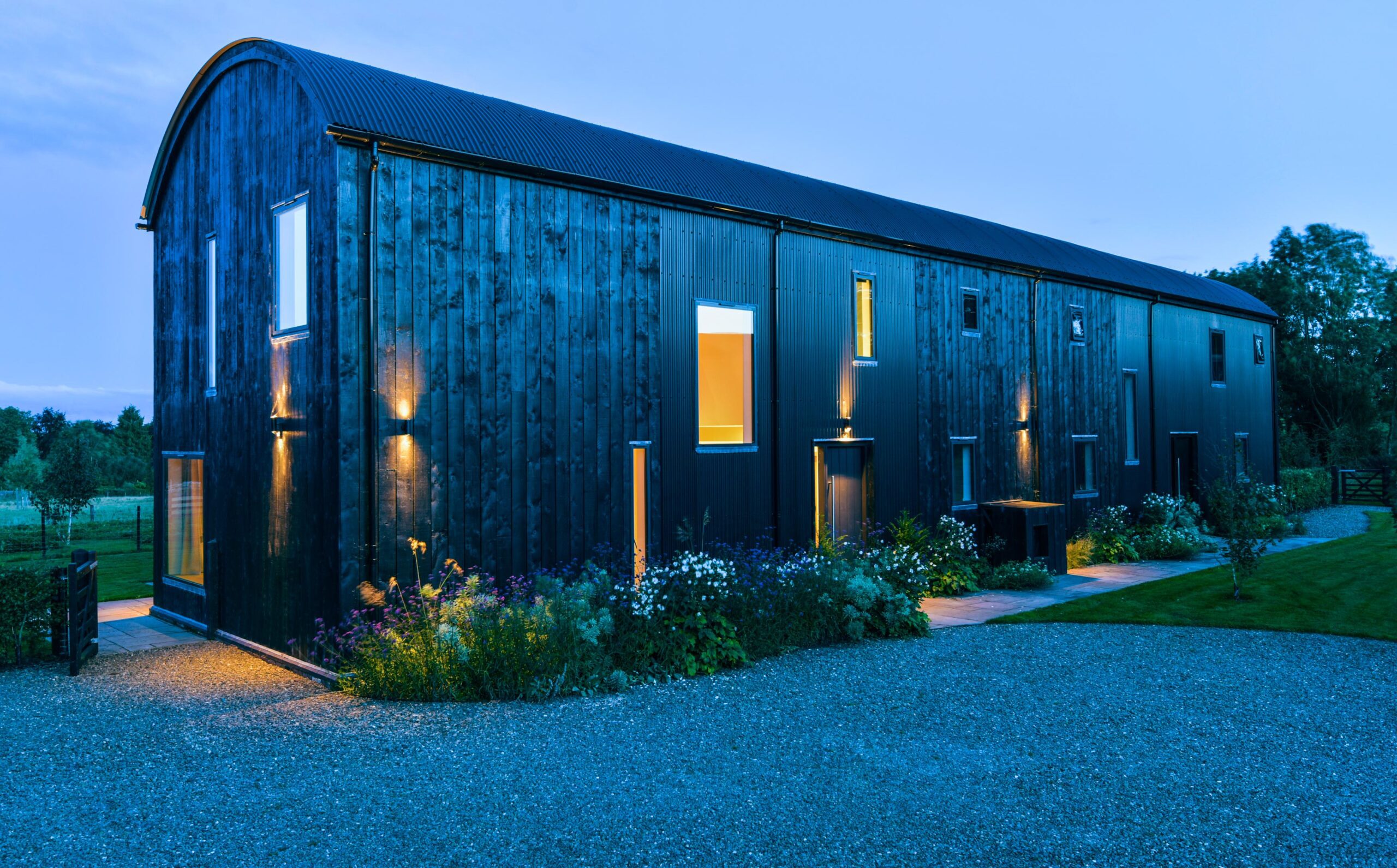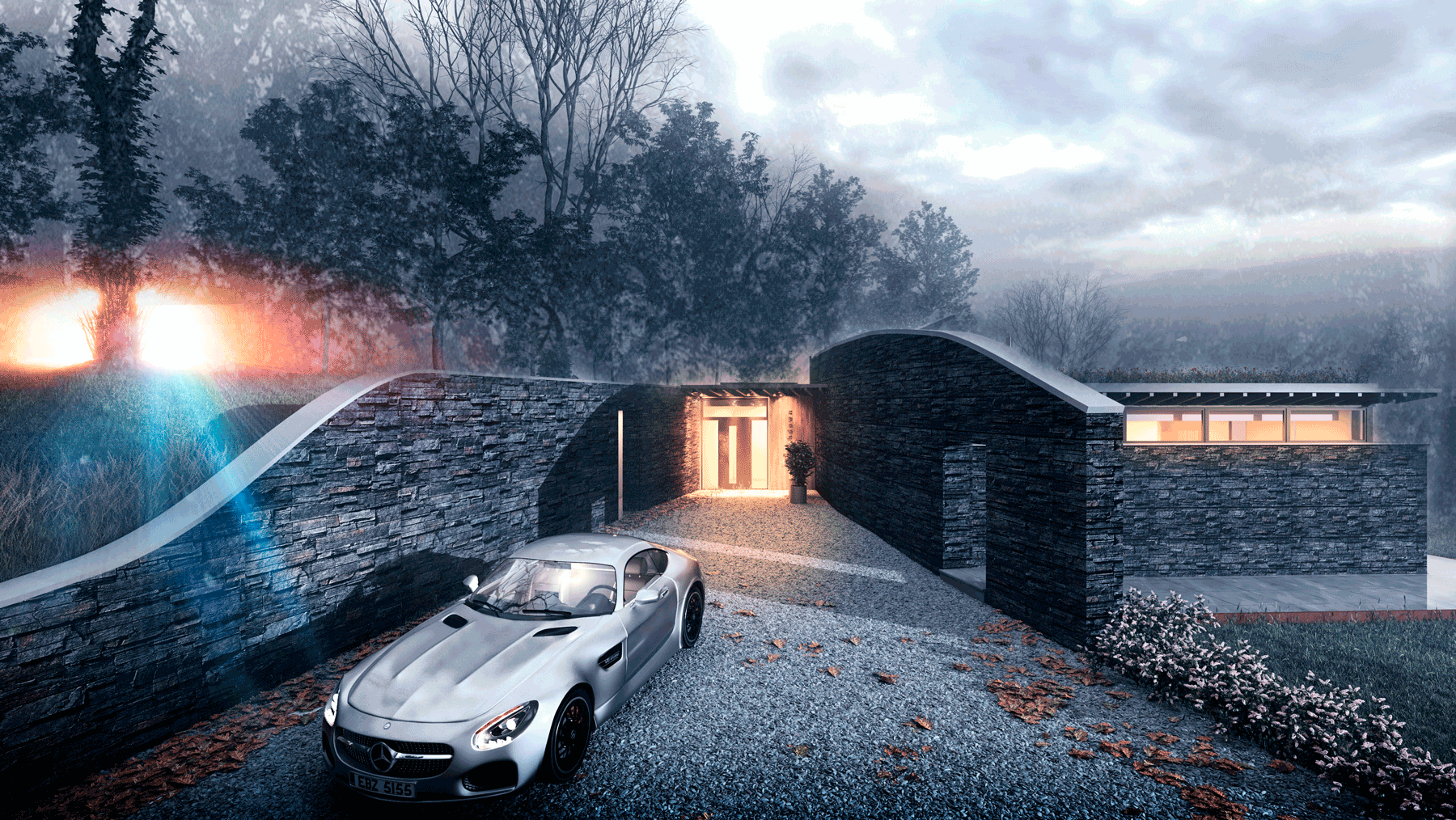
Best advice on how to get Planning Permission
Figuring out how to get planning permission on rural land or a field, to even help decide ‘can I build a house in my garden’ can seem a nightmare, but it needn’t be. Here are some practical tips on how to get planning permission to build on agricultural land, in a conservation area or within your own plot.
Can you get planning permission in a conservation area?
This will certainly be more challenging and if you’re questioning ‘am I likely to get planning permission’, looking at other recent applications can help demonstrate what the council is happy to support, and what technical reports you might need to help in getting a planning application approved. Gaining your Ward Councillor’s advice and support can help the planners interpret planning policy more positively, especially in the issues of what is ‘appropriate’ development, which do vary. This is often why applications that appear against policy gain planning approval.
Request FREE 15-min call back
Arrange a 15 minute call back to talk about your planning ideas with Architect Garry Thomas.

Location, location, location
It will be important to demonstrate that your countryside development is in a ‘sustainable’ location and that can be affected by its accessibility. Find out if there are any transport links nearby. If you are near a public transport network your scheme is more likely to win approval – even if it is outside a settlement boundary.
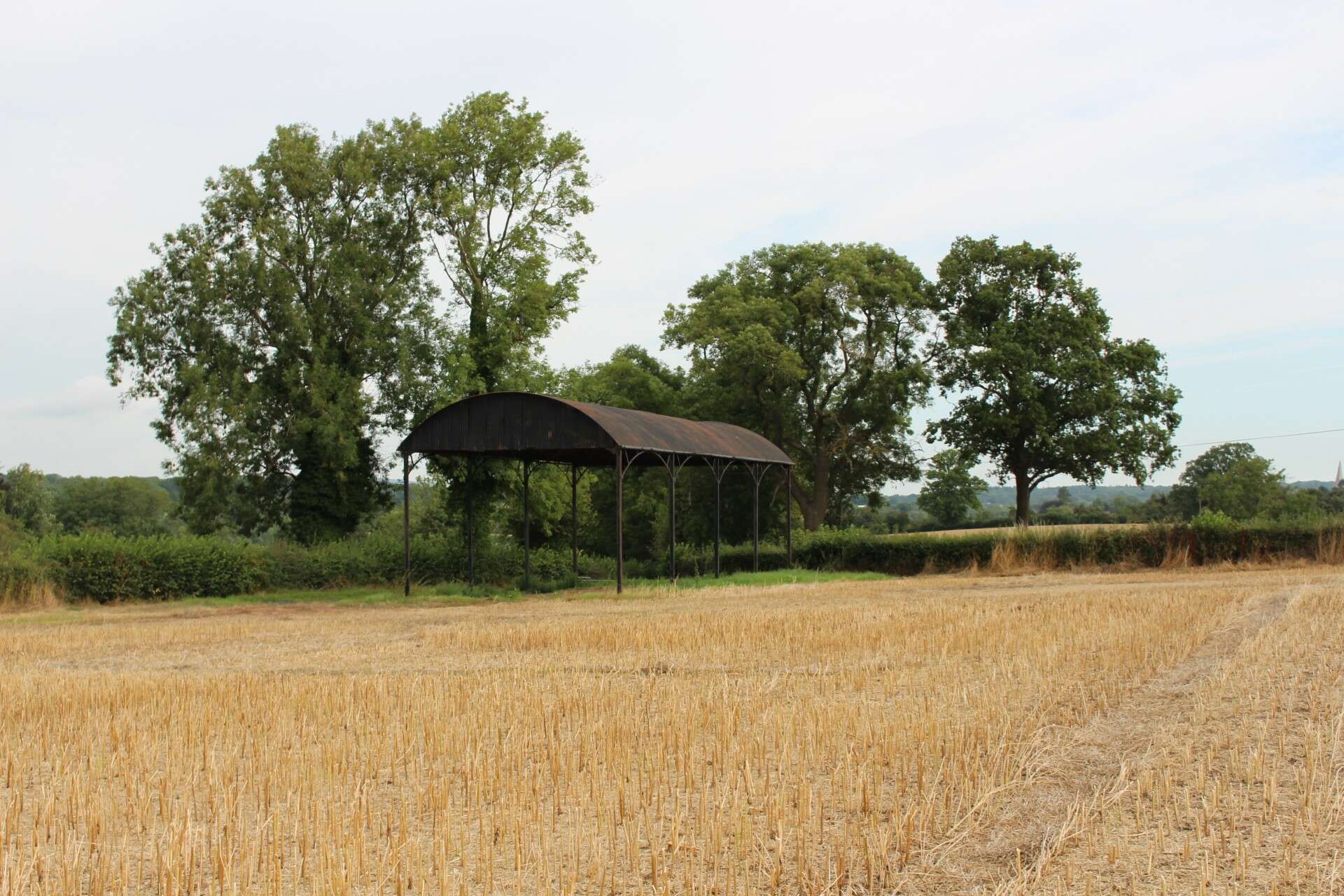
Arrange a 15 minute call back to talk about your planning ideas with Architect Garry Thomas.
How much does it cost to get planning permission?
Ensuring that your planning application is as accurate and as compelling as it can be is essential, discussing all the upfront costs of pulling this together with the required documents and costs from associated bodies, plus the actual submission costs and any fringe expenses should be discussed thoroughly with your architect from the beginning. Every time you resubmit an application, it will cost money, so furnishing the Planning Officers with a well presented application and relevant reports from the outset will stand you in excellent stead. These reports can seem expensive, however the application is less likely to stall and is more likely to win approval. Being sure to comply with ecology legislation is important too or you could end up with a fine up to £5000.
Pre-empting and negating any objections from Parish Councils, neighbours and relevant bodies (depending on the type of site you have chosen) will shorten any processes and time spent doing retrospective research … time is money, revisions are money and addressing every possibility in the first instance will save your finances and keep you informed and in control.
Example planning costs
| Planning fee for a single dwelling circa £490 |
| Architects fees to planning stage usually 3% to 5% of build costs |
| Initial Ecology Survey £1000 to £2000 |
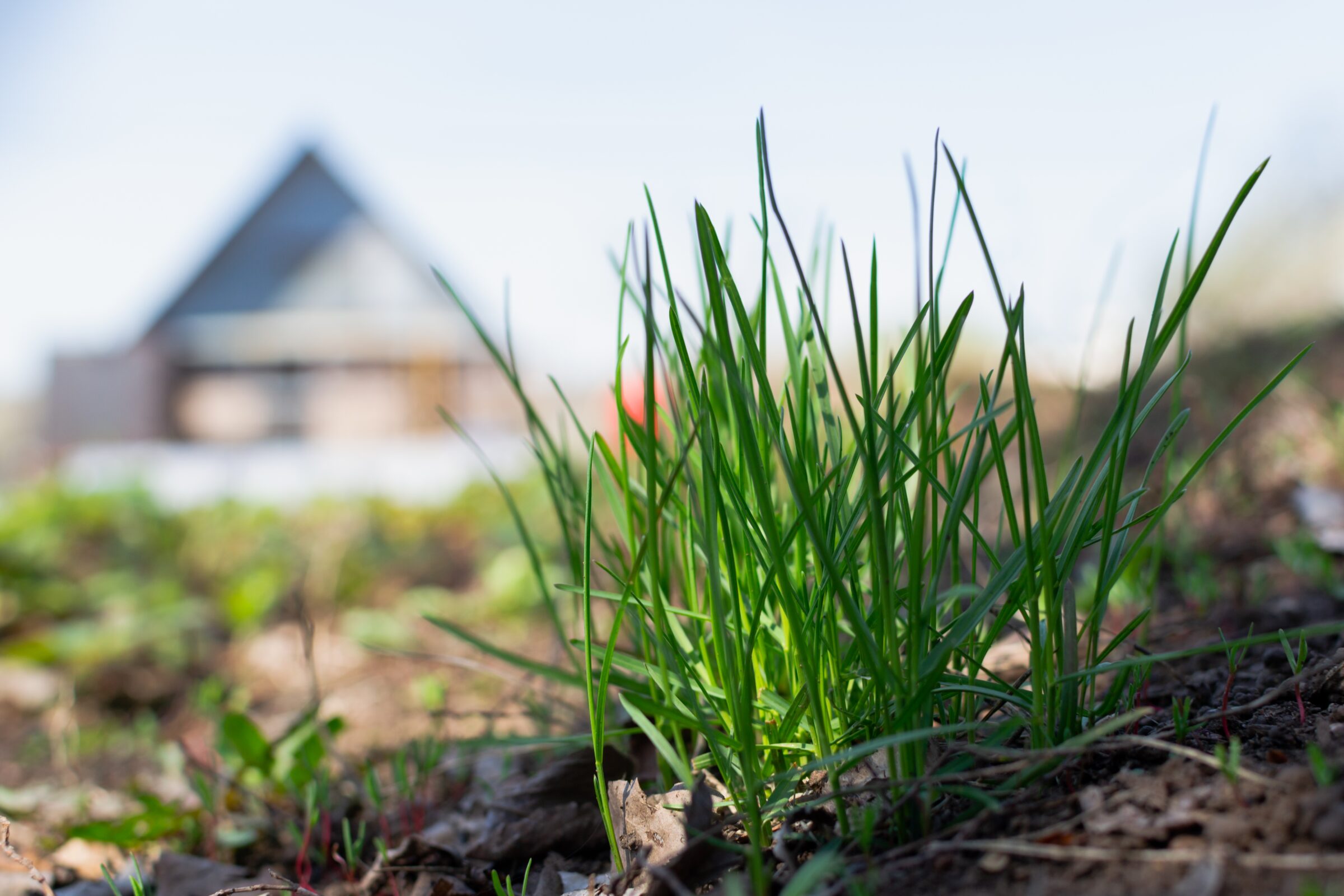
How to get planning permission to build a house in my garden
Building within your own garden is a great way to save money, but first of all make sure that the plot really is big enough for the size property you want to build. Will you need to take down any protected trees? Are there any other wildlife or conservation issues to consider? Will there be adequate drainage and sewage facilities? What about access – will you need to pull out onto a main highway?
Does your proposed build design fit with the character of the area, or might the local Councillors or Planning Officers be looking for something innovative to grant approval? This subjective issue is worth delving into from the very outset, by developing a good relationship with those decision-makers and finding out what will make or break any planning approval.
If your architect is local they will have great knowledge on what will get through planning permission and what won’t in your area, so communicate with them on every element for their design advice that will satisfy both you and the powers that be.

Can my neighbours oppose my planning permission?
‘Will I get planning permission for my extension if my neighbours object’ is an age old question. Generally, unless there is widespread opposition or a very obvious and genuine compromise to their property or standard of living, complaints do not usually cause a planning permission rejection. Though in the interests of good relationships and unnecessary stress, you will want to avoid disturbance, criticism and negative comment from your neighbours and it is wise to bring them on board positively from the outset to negate future issues. Even if you’re not on the best of terms, you don’t want them killing your dreams, so start a charm offensive and build up to sitting down with them over a bottle of wine and discussing your aims. This way you can overcome any concerns upfront and they might even become advocates of your build.
There’s a useful report here that provides you with all you need to know about how to get planning permission on a difficult site for further reading
Arrange a 15 minute call back to talk about your planning ideas with Architect Garry Thomas.
Further reading

Arrange a 15 minute call back to talk about your Self Build
This FREE 15-minute call back is for anyone who has a site on the edge of a rural village, or near to a settlement area and is thinking – is there any planning potential?
Fill out your details opposite to book your FREE call-back with architect Garry Thomas. Remember stating the local authority area is useful as helps Garry to understand more about the planning policy in your local area and gives you more specific information about your site.



